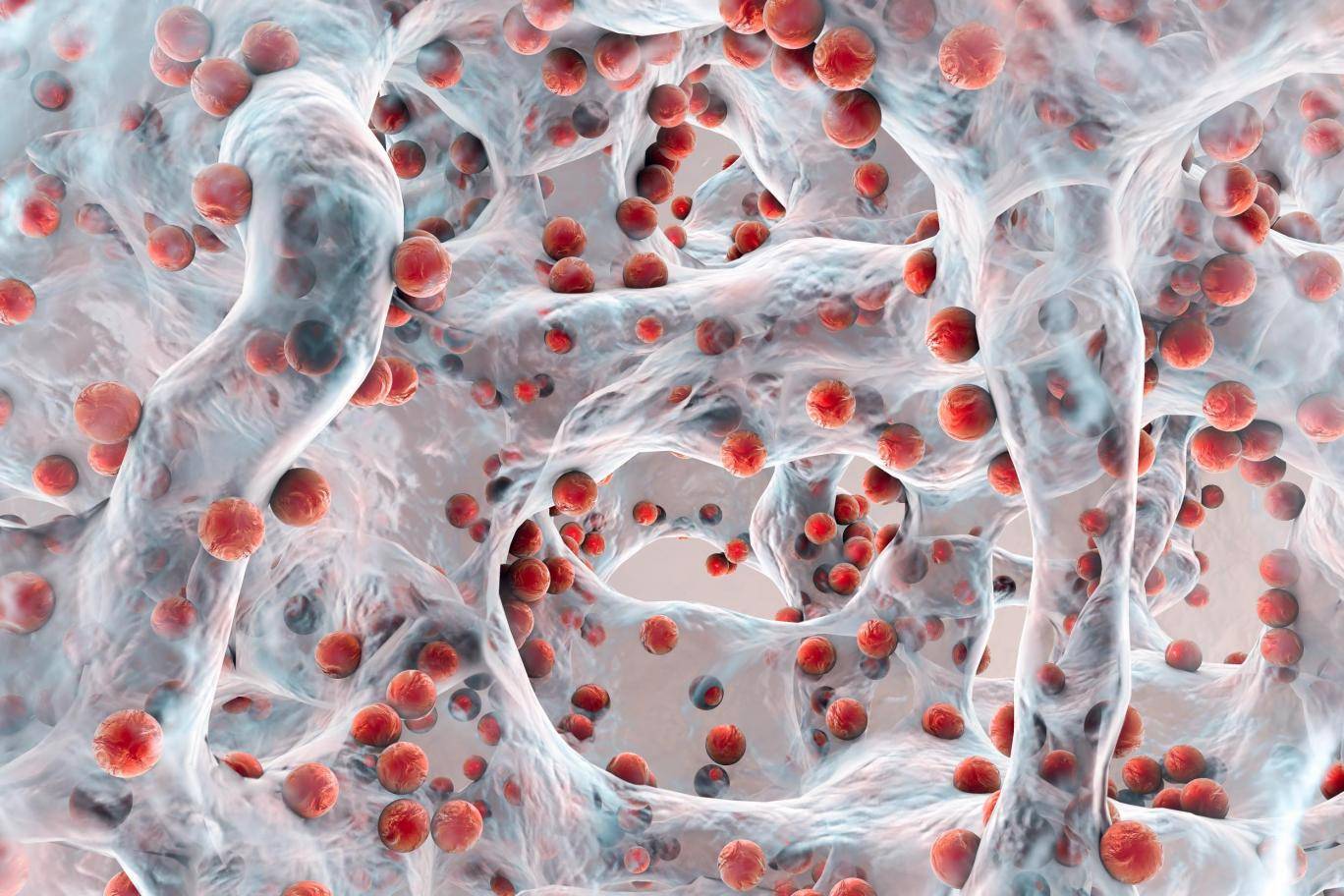How plastic-eating bacteria actually work – a chemist explains

The plastic bottles we throw away today will be around for hundreds of years. It’s one of the key reasons why the mounting plastic pollution problem, which is having a deadly effect on marine life, is so serious. But scientists recently discovered a strain of bacteria that can literally eat the plastic used to make bottles, and have now improved it to make it work faster. The effects are modest – it’s not a complete solution to plastic pollution – but it does show how bacteria could help create more environmentally friendly recycling. Plastics are complex polymers, meaning they are long, repeating chains of molecules that don’t dissolve in water. The strength of these chains makes plastic very durable and means it takes a very long time to decompose naturally. If they could be broken down into their smaller, soluble chemical units, then these building blocks could be harvested and recycled to form new plastics in a closed-loop system.

